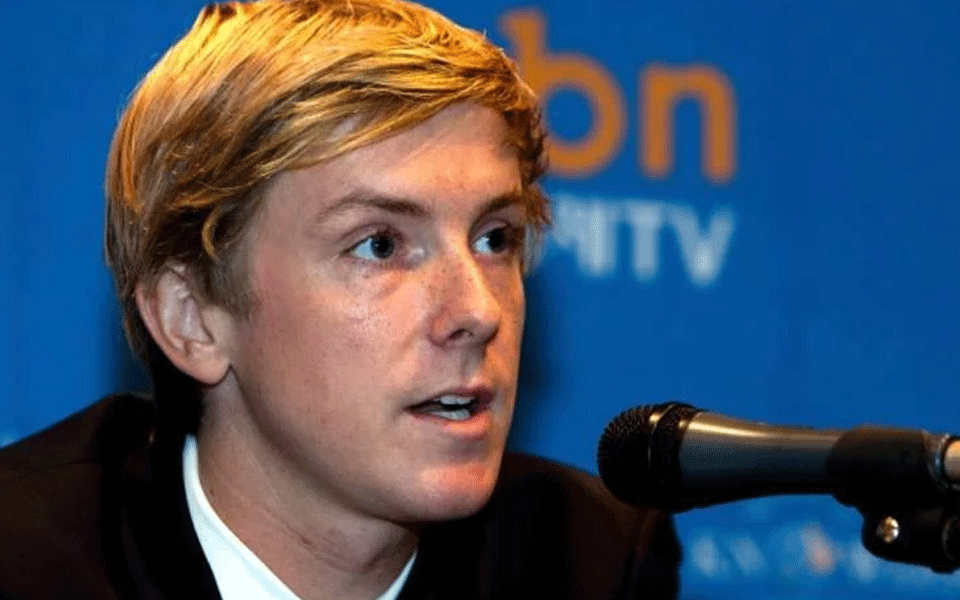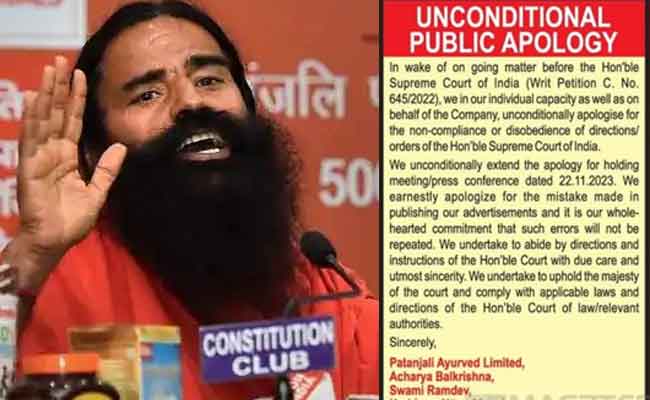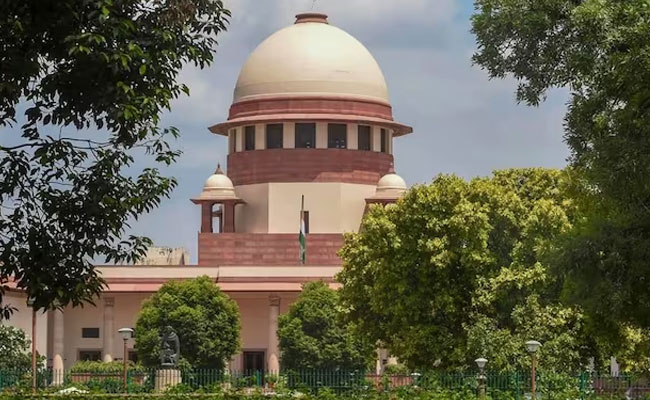New York, May 9: One of the co-founders of Facebook called on Thursday for the social media behemoth to be broken up, warning that the company's head, Mark Zuckerberg, had become far too powerful.
"It's time to break up Facebook," said Chris Hughes, who along with Zuckerberg founded the online network in their dorm room while both were students at Harvard University in 2004.
In an editorial published in The New York Times, Hughes said that Zuckerberg's "focus on growth led him to sacrifice security and civility for clicks," and warned that his global influence had become "staggering."
Zuckerberg not only controls Facebook but also the widely used Instagram and WhatsApp platforms, and Hughes said that "Facebook's board works more like an advisory committee than an overseer."
Hughes, who quit Facebook more than a decade ago, was pictured in the newspaper together with Zuckerberg when both were fresh-faced students launching Facebook as a campus networking tool.
He accused Facebook of acquiring or copying all of its competitors to achieve dominance in the social media field, meaning that investors were reluctant to back any rivals because they know they cannot compete for long.
Zuckerberg "has created a leviathan that crowds out entrepreneurship and restricts consumer choice," wrote Hughes, who is now a member of the Economic Security Project, which is pushing for a universal basic income in the United States.
After buying up its main competitors Instagram, where people can publish photos, and WhatsApp, a secure messaging service, Facebook now has 2.7 billion monthly users across its platforms and made a first quarter profit of USD 2.43 billion this year.
"The most problematic aspect of Facebook's power is Mark's unilateral control over speech. There is no precedent for his ability to monitor, organise and even censor the conversations of two billion people," said Hughes.
The company has been rocked by a series of scandals recently, including allowing its users' data to be harvested by research companies and its slow response to Russia using Facebook as a means to spread disinformation during the 2016 US election campaign.
The company is reportedly expecting to face a fine of USD 5 billion.
"The American government needs to do two things: break up Facebook's monopoly and regulate the company to make it more accountable to the American people," Hughes said, urging the government to break away Instagram and WhatsApp and prevent new acquisitions for several years.
"Even after a breakup, Facebook would be a hugely profitable business with billions to invest in new technologies - and a more competitive market would only encourage those investments," he said.
Hughes said the break-up, under existing anti-trust laws, would allow better privacy protections for social media users and would cost US authorities almost nothing.
Hughes said that he remained friends with Zuckerberg, noting that "he's human. But it's his very humanity that makes his unchecked power so problematic."
I’m calling for breaking up @Facebook in an essay in the @nytimes. FB has become too big and too powerful, and it’s part of a trend in our economy of an increasing concentration of corporate power. We can fix this: break the company up and regulate it. https://t.co/34rITPfvJ9
— Chris Hughes (@chrishughes) May 9, 2019
Let the Truth be known. If you read VB and like VB, please be a VB Supporter and Help us deliver the Truth to one and all.
New Delhi: In response to the Supreme Court's scrutiny over the size of its previous public apology, Patanjali Ayurved has issued a second, more prominent apology, signed by Yoga guru Ramdev and Patanjali’s managing director Acharya Balkrishna and acknowledging the ongoing legal matter before the Hon’ble Supreme Court of India.
The apology expresses regret for any non-compliance or disobedience of the court's directives and extends apologies for holding a meeting/press conference on November 22, 2023. It also acknowledges mistakes made in publishing advertisements and expresses commitments to not to repeat such errors. Furthermore, the apology reads that Patanjali is commited to abiding by the court's instructions with utmost sincerity and upholding the majesty of the law.
On Tuesday, the court had directed senior advocate Mukul Rohatgi, appearing for Patanjali, to “cut out the ads and then supply it to us” without enlarging. “We want to see the actual size. This is our direction… we want to see that when you issue an advertisement, it does not mean we have to see it with a microscope,” the court said.
Patanjali had previously assured the court of refraining from making any misleading statements or advertisements against allopathy. However, subsequent actions, including a press conference by Ramdev and an advertisement issued by the company, led to a contempt notice being issued to Ramdev and Balkrishna for violating their undertaking.





